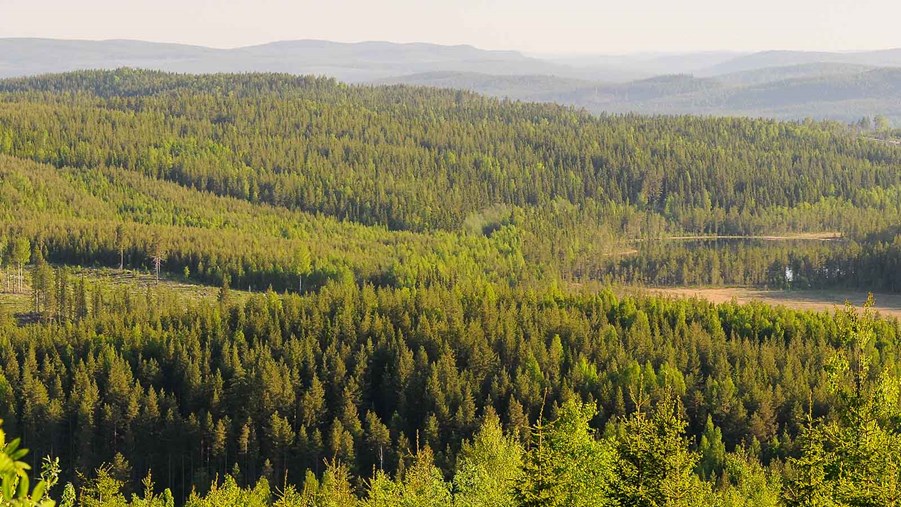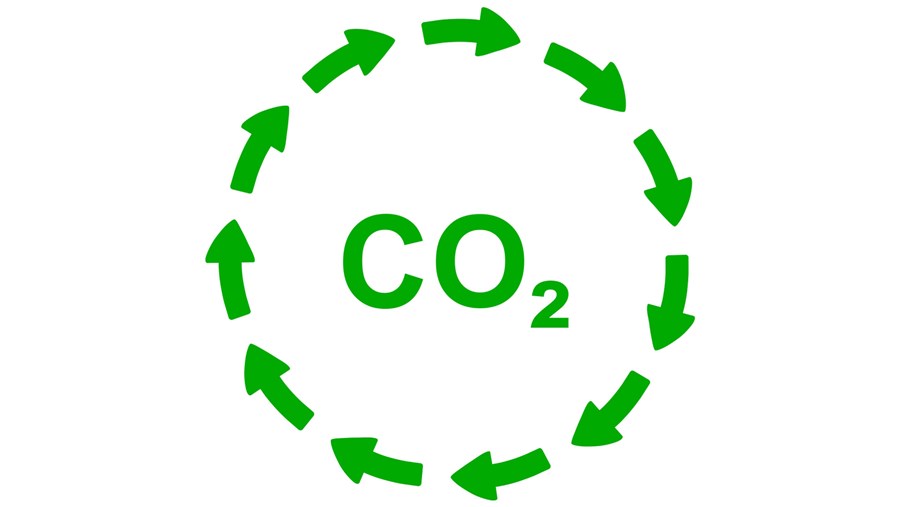
The EU has agreed on a framework for the certification of carbon removals, following negotiations between the Commission, Parliament and the Council of Ministers. Swedish Forest Industries Director General Viveka Beckeman believes that the forest industry’s climate work may benefit from the scheme as long as it is not used to limit active forest management.
“It’s positive that more of the forest’s climate benefits can be leveraged with the proposed carbon removal certification scheme. However, we need to be aware that the extent of uptake made possible with such certifications will be modest in comparison to the vast climate benefits created through the substitution of fossil-intensive products and the growth of actively managed forests,” comments Beckeman.
“There is a risk that the framework will be used to limit forest industries. On top of the negative climate effects that this would create, it would also have implications for the forest sector’s contribution to Sweden and the EU single market, for example in terms of job creation and the supply of raw materials,” Beckeman adds.
Certification system
The EU wants to create the conditions for a certification system linked to the capture and sequestration of carbon over a certain period of time. This can be done, for example, with growing forests, wood products, and by capturing biogenic carbon dioxide from industry, known as bio-CCS. The new framework includes principles for how a certification scheme should be developed, but it will be up to the Commission and a special expert group to develop the actual certification rules.
“The design of the certifications will be decisive for the climate effect that can be achieved by such a scheme, i.e., how much carbon is actually captured. Achieving high impact demands focus on simple and predictable rules that make it attractive to invest in carbon capture, especially in large and long-term projects such as bio-CCS technology and wooden buildings,” says Beckeman.
Goals for 2040
The EU’s new climate goals for 2040 underline the need to take advantage of all the climate benefits that forests offer.
“The Swedish forest sector’s ambition is to increase its climate benefit 30 per cent by 2040. This is partly to be achieved through increased carbon sequestration in growing forests, wood products, and bio-CCS, and in particular through the increased substitution of fossil-intensive materials,” says Beckeman.


